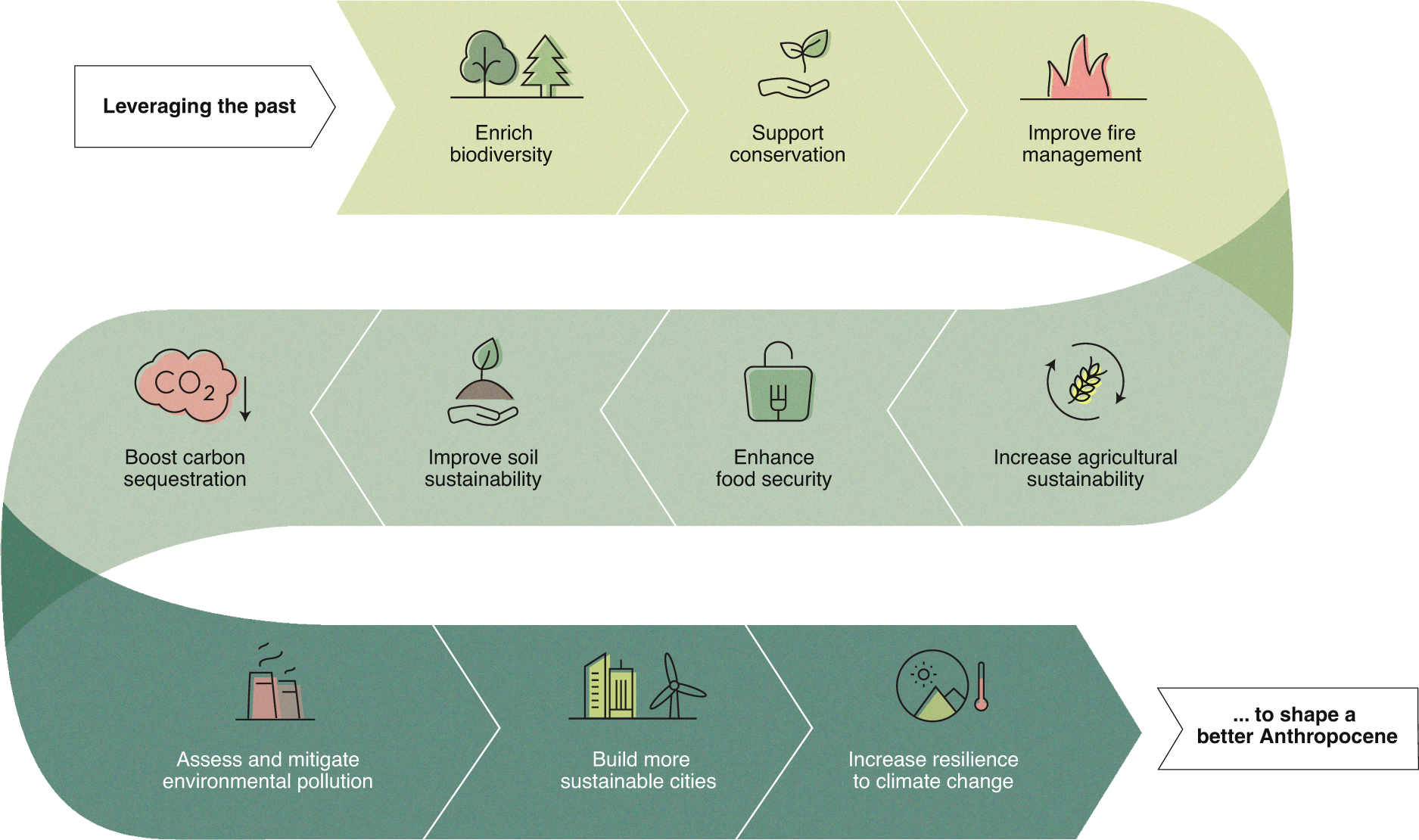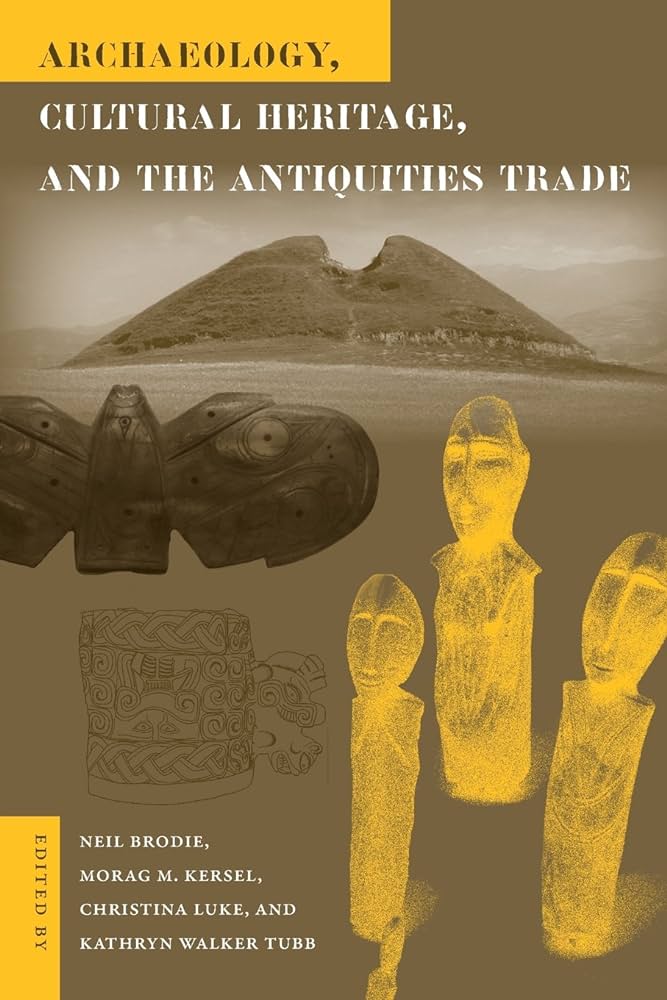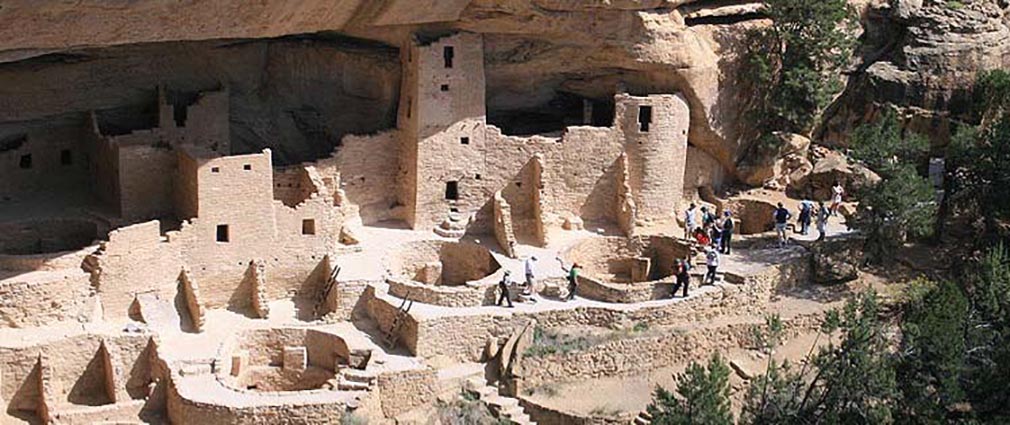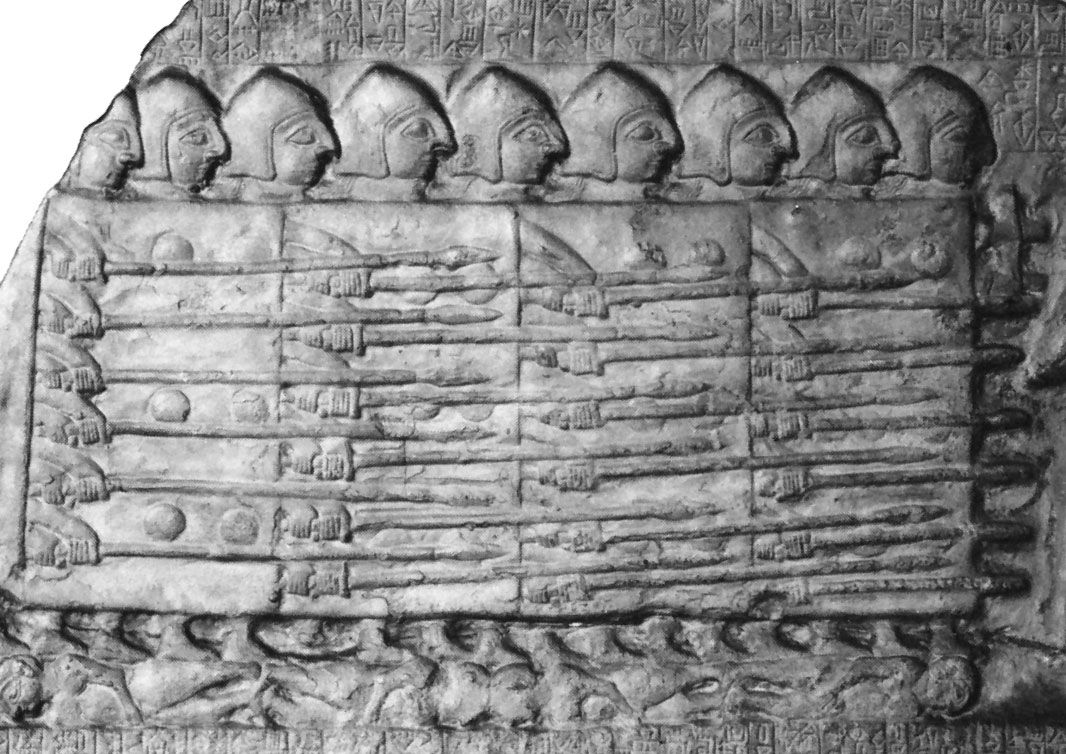Title: Exploring the Environmental History of the Ancient World: What You Need to Know
Introduction:
The ancient world was a time of great change, both politically and environmentally. Studying the environmental history of ancient civilizations can provide us with valuable insight into our own environmental challenges today. In this blog post, we’ll explore some key points about the environmental history of the ancient world.
1. How Ancient Civilizations Impacted the Environment
The ancient civilizations had a significant impact on the environment in various ways. For instance, the agricultural methods used by the ancient civilizations often led to soil erosion and deforestation. Moreover, their mining activities led to soil degradation, water pollution and even loss of biodiversity. These impacts significantly affected the environmental sustainability of the areas in which the ancient civilizations existed.
2. The Ancient World’s Use of Natural Resources
Natural resources, such as timber, water, and metals were crucial to ancient civilizations. For instance, the Phoenicians had an insatiable appetite for timber, and their deforestation practices led to soil erosion and habitat loss. Rome, on the other hand, depended heavily on metal mining, making regions around the empire’s minesabandoned and barren.
3. Ancient Adaptations to Changes in the Environment
Despite their effects on the environment, ancient civilizations adapted to changes in the natural world using various means. The Ancient Egyptians, for example, built an extensive irrigation system to take advantage of the Nile River’s annual flooding. Crops were planted around the Nile, and the excess water was used to irrigate fields.
4. The Role of Climate Change
Climate change has played a critical role in shaping the environment and impacting ancient civilizations’ sustainability. According to researchers, climate change may have been a key factor influencing the decline of the ancient Maya, the Phoenicians, and even the decline of the Roman Empire.
Conclusion:
The ancient world provides us with numerous valuable lessons on environmental history. Studying the environmental impact that ancient civilizations had on their environments may help us develop better policies for conservation. It’s essential to recognise how even small environmental impacts can cause long-lasting effects, while the solutions developed by ancient civilisations may inform modern approaches to environmental sustainability.
By optimising this blog post for SEO by using keywords such as “environmental history,” “ancient civilizations,” and “climate change,” we hope to reach a wider audience who can benefit from learning more about this important topic.











